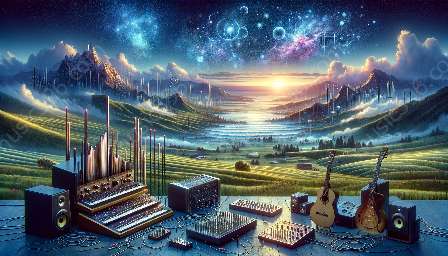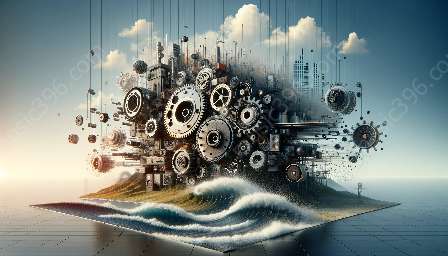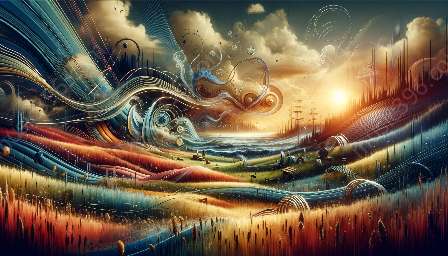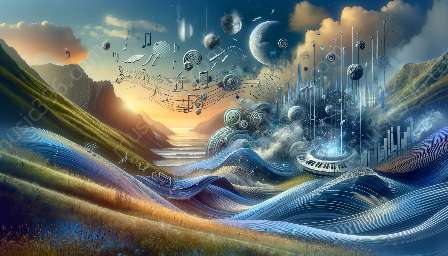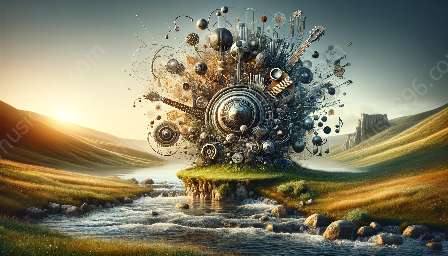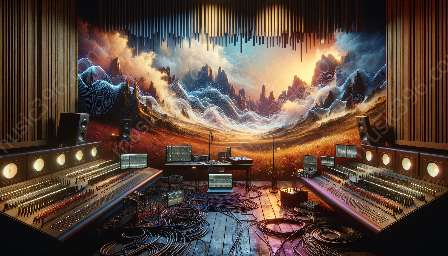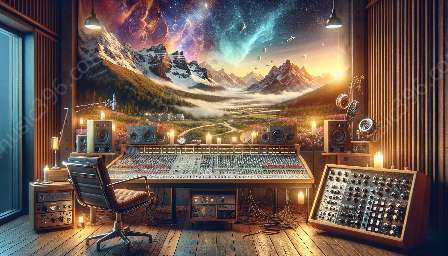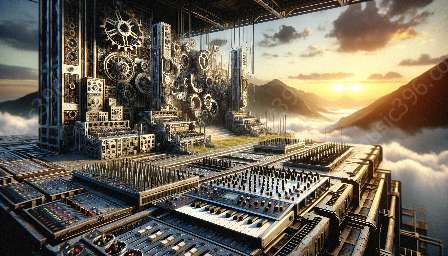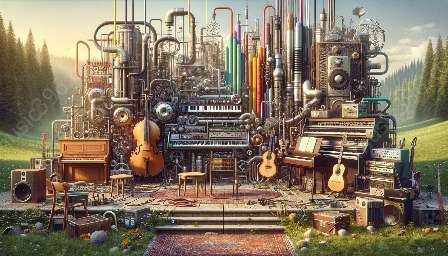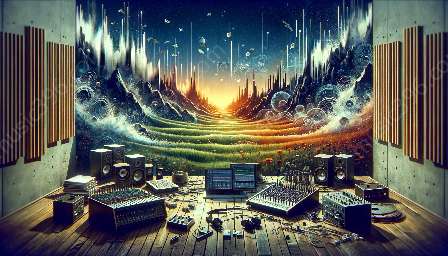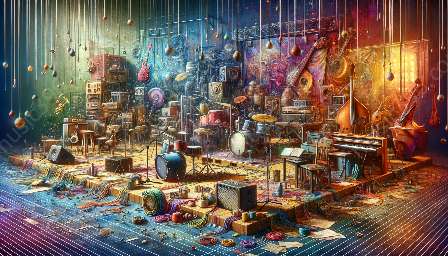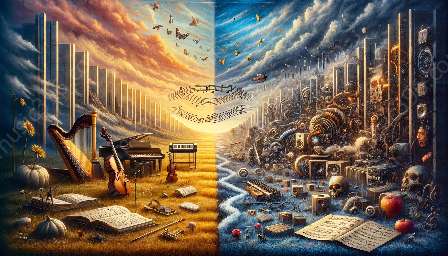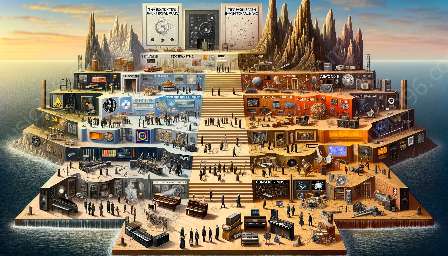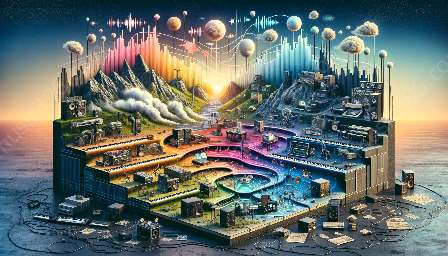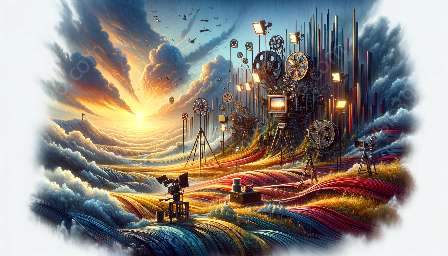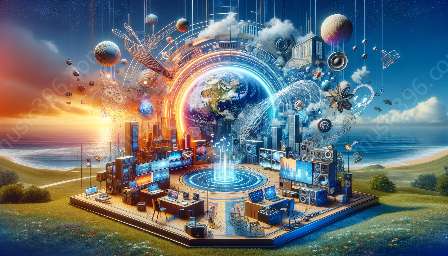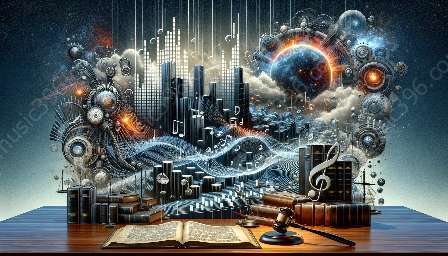Experimental music has long been a realm that challenges traditional notions of authorship and control, pushing the boundaries of creativity and expression. In this article, we will delve into the legal protections that exist for experimental music, with a focus on the intersection with intellectual properties and rights in the realm of experimental and industrial music.
Understanding Authorship and Experimental Music
Experimental music often defies categorization and challenges established musical conventions. This can manifest in unconventional instrumentation, innovative sound manipulation techniques, and the exploration of non-traditional musical structures. In such a fluid and boundary-pushing environment, questions around authorship and ownership of creative works become increasingly complex.
The essence of experimental music lies in the exploration of new sonic landscapes and the dismantling of traditional compositional frameworks. This can lead to collaborative and iterative processes that blur the lines of individual authorship, giving rise to collective creativity and shared authorship.
Legal Protections for Experimental Music
The legal landscape for protecting experimental music that challenges traditional notions of authorship revolves around intellectual property rights, including copyright, performance rights, and licensing agreements. These protections aim to safeguard the creative expressions of experimental musicians and provide them with a framework for asserting control over their works.
Copyright: Copyright law serves as one of the primary legal protections for experimental music. It grants the creators of original works, including musical compositions and sound recordings, exclusive rights to reproduce, distribute, and perform their works. In the context of experimental music, where boundary-pushing compositions and sonic experiments are prevalent, copyright protection plays a vital role in preserving the integrity of these innovative works.
Performance Rights: In the realm of experimental and industrial music, performance rights are crucial for ensuring that musicians and composers receive fair compensation when their works are performed in public or broadcasted. This includes live performances, radio airplay, and digital streaming, and is often overseen by performance rights organizations that administer these rights on behalf of the creators.
Licensing Agreements: Experimental music often incorporates samples, found sounds, and sonic elements that may have complex ownership and usage rights. Licensing agreements play a critical role in navigating the legal complexities of using pre-existing recordings and ensuring that the appropriate permissions and royalties are secured.
Intersection with Intellectual Properties and Rights
Experimental music's intersection with intellectual properties and rights brings to the forefront the need for a nuanced understanding of legal frameworks and the evolving landscape of music creation and distribution.
In the context of intellectual properties, experimental music challenges traditional notions of authorship by embracing collective authorship, collaborative creation, and the influence of found sounds and sonic environments. This challenges the conventional understanding of individual authorship and necessitates legal frameworks that accommodate collaborative works and non-traditional authorship structures.
Furthermore, the digital age has transformed the landscape of experimental and industrial music, posing new challenges and opportunities in the realms of copyright enforcement, digital distribution, and streaming royalties. This evolution requires a reevaluation of legal protections and mechanisms to ensure that experimental musicians retain control and are fairly compensated for their groundbreaking works.
Conclusion
Experimental music stands as a beacon of creativity and experimentation, challenging traditional notions of authorship and control. The legal protections surrounding experimental music, in conjunction with intellectual properties and rights, serve as essential pillars safeguarding the innovative and boundary-pushing works of experimental and industrial musicians.
In navigating the complex terrain of authorship, copyright, and licensing, the evolving legal landscape must adapt to accommodate the dynamic and collaborative nature of experimental music, ensuring that creators are empowered to continue pushing the boundaries of sonic exploration while preserving their rights and creative autonomy.




